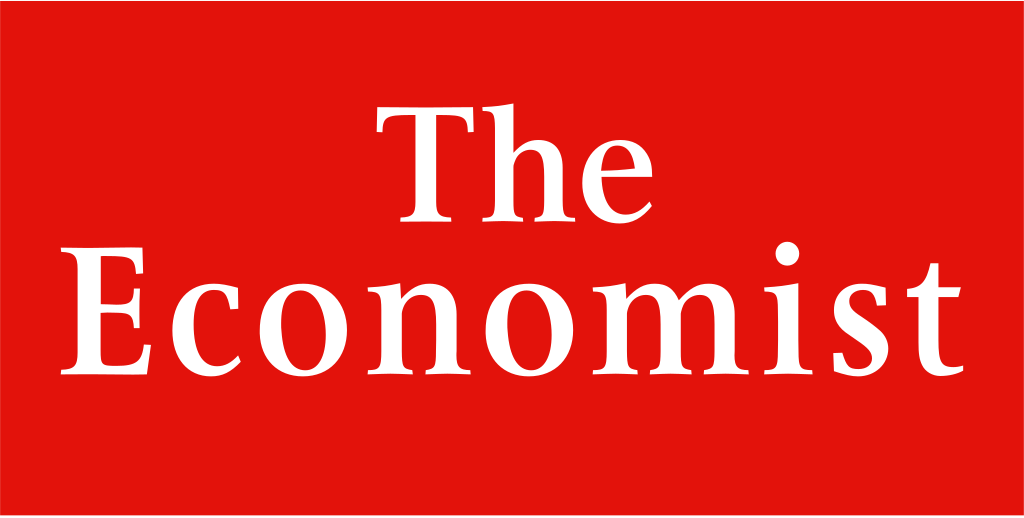In a significant move that could reshape the strategic landscape of the Middle East and South Asia, Pakistan and Saudi Arabia have signed a “Strategic Mutual Defense Agreement.” The pact, inked during a state visit by Pakistani Prime Minister Shehbaz Sharif to Riyadh, marks the culmination of decades of close security cooperation and is being hailed as the most significant upgrade to their bilateral relationship in years.
At the core of the agreement is a collective defense clause, a provision typically found in formal military alliances like NATO. It states explicitly that “any aggression against either country shall be considered an aggression against both.” This transforms what was once an informal, though robust, security partnership into a binding institutional framework.
A History of Brotherhood and Defense
The defense pact is not an abrupt development but the institutionalization of a relationship that dates back to the 1960s. For decades, Pakistan has served as a de facto security provider for Saudi Arabia, offering military training, advisory support, and even stationing troops in the kingdom to protect sacred sites.
Military Training and Exchanges: Since 1967, thousands of Saudi military personnel have been trained in Pakistan, and Pakistani officers have served in an advisory capacity in Saudi Arabia.
Troop Deployment: Pakistani troops have been deployed to Saudi Arabia on multiple occasions, most notably during the Iran-Iraq War in the 1980s.
Arms and Expertise: Saudi Arabia has been a key purchaser of Pakistani-made arms, and the two countries have conducted joint military exercises to improve interoperability.
This new agreement, however, makes the relationship symmetrical, formally obligating Riyadh to Pakistan’s defense as well.
Why Now? The Regional and Global Context
While Saudi and Pakistani officials insist the pact is not a reaction to any specific event, its timing is highly significant. It comes in the wake of a period of rising tensions in the Middle East and growing concerns among Gulf states about the reliability of their traditional security partners.
Analysts suggest the deal reflects several key factors:
Shifting Security Alliances: The pact is seen as a sign of Saudi Arabia’s evolving foreign policy, as it diversifies its security partnerships and moves away from a purely U.S.-centric security framework.
Deterrence: The agreement, with the potential inclusion of Pakistan’s nuclear capabilities as a deterrent, is a powerful signal to rivals in the region.
Pakistan’s Strategic Value: For Pakistan, the agreement provides a crucial economic and strategic lifeline, solidifying its role as a key player in the Gulf’s security architecture.
Implications for the Region and Beyond
The formalization of this defense alliance has sent ripples across the international community, particularly in neighboring countries.
India’s Response: India has stated that it is carefully studying the implications of the pact for its national security and for regional and global stability. The agreement complicates India’s strategic calculations, as it deepens its ties with Saudi Arabia while having a long-standing rivalry with Pakistan.
Impact on the Middle East: The pact introduces a new element of deterrence into the complex web of Middle Eastern security. It could embolden some parties while forcing others to recalibrate their own strategic positions.
The “Islamic NATO” Question: The agreement has revived discussions about the possibility of a broader Muslim military alliance, with the Pakistan-Saudi pact serving as its nucleus.
While the finer operational details of the agreement remain undisclosed, its signing is a clear statement of intent. It confirms that the security landscapes of the Middle East and South Asia are increasingly interconnected and that these two nations are determined to chart a more independent and collaborative path for their collective security.




